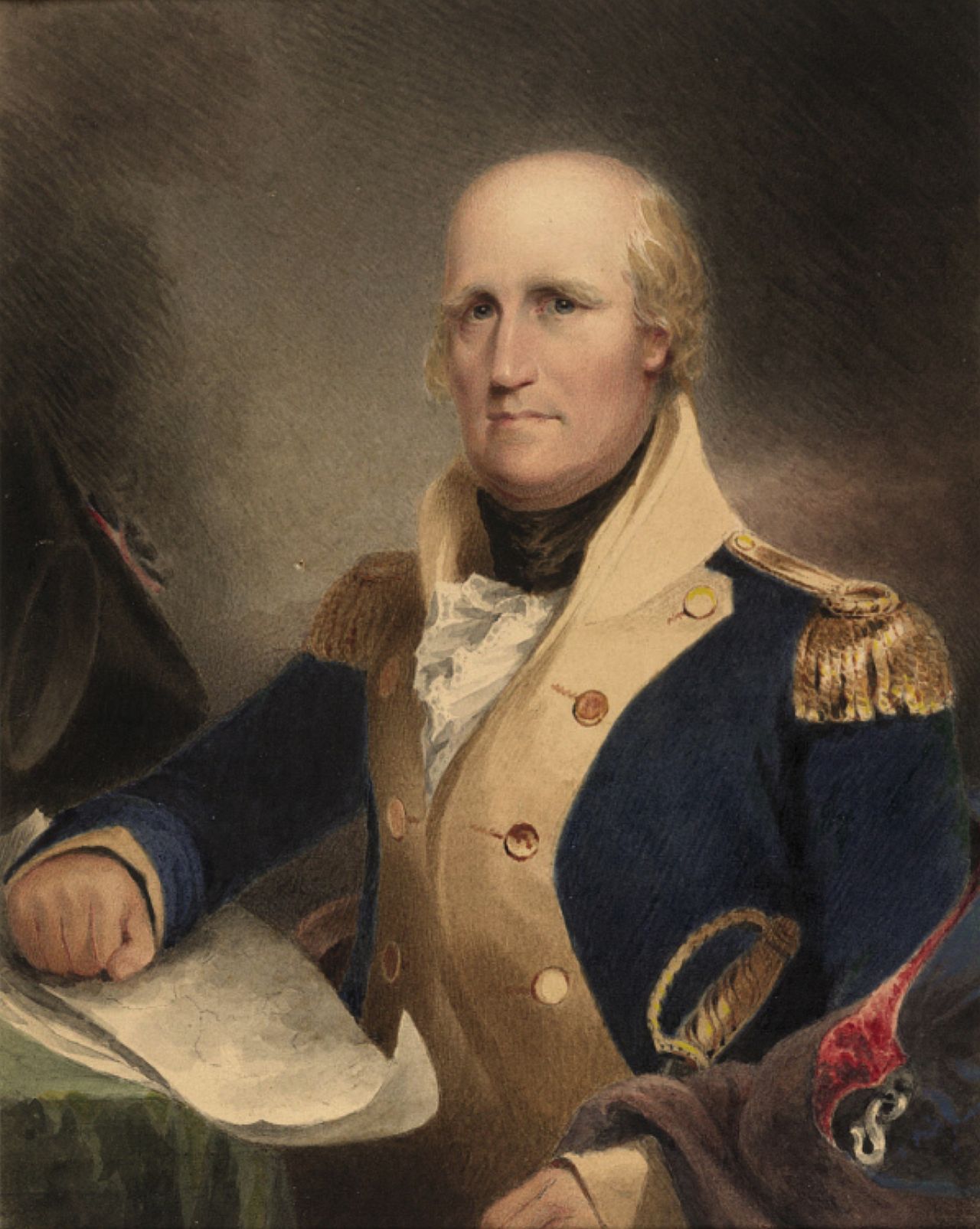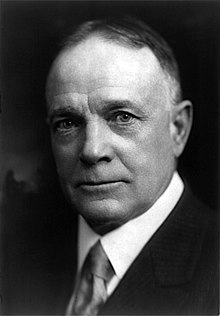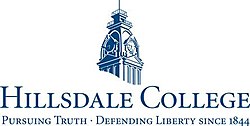
November 19 is the 323rd day of the year (324th in leap years) in the Gregorian calendar. There are 42 days remaining until the end of the year.
Holidays
- Christian feast day:
- Day of Missile Forces and Artillery (Russia, Belarus)
- Day of Discovery of Puerto Rico (Puerto Rico)
- Flag Day (Brazil)
- Garifuna Settlement Day (Belize)
- International Men’s Day (Australia, Canada, Ghana, Hungary, India, Ireland, Jamaica, Malta, Singapore, South Africa, Trinidad and Tobago, United Kingdom, United States)
- Monaco National Day (Monaco)
- Women’s Entrepreneurship Day
- World Toilet Day
History
In 461, Libius Severus is declared emperor of the Western Roman Empire. The real power is in the hands of the magister militum Ricimer.
In 636, The Rashidun Caliphate defeated the Sassanian Empire at the Battle of Qadisiya in Iraq.
In 1095, The Council of Clermont, called by Pope Urban II to discuss sending the First Crusade to the Holy Land, begins.
In 1493, Christopher Columbus goes ashore on an island he first saw the day before. He names it San Juan Bautista (later renamed Puerto Rico).
In 1703, Man in the Iron Mask, French prisoner dies and was buried the next day under the name of Marchioly. All his furniture and clothing were reportedly destroyed afterward, the walls of his cell scraped and whitewashed and everything of metal which the man had possessed, or used, melted down.
This is a name given to a prisoner arrested as Eustache Dauger in 1669 or 1670, and was held in a number of jails, including the Bastille and the Fortress of Pignerol (today Pinerolo, Italy). He was held in the custody of the same jailer, Bénigne Dauvergne de Saint-Mars, for a period of 34 years. He died on 19 November 1703 under the name of Marchioly, during the reign of Louis XIV of France (1643–1715). The possible identity of this man has been thoroughly discussed and has been the subject of many books, as no one ever saw his face because it was hidden by a mask of black velvet cloth.
Writer and philosopher Voltaire claimed (in the second edition of his Questions sur l’Encyclopédie, published in 1771) that the prisoner wore an iron mask and was the older, illegitimate brother of Louis XIV. In the late 1840s, writer Alexandre Dumas elaborated on the theme in the final installment of his Three Musketeers saga: here the prisoner is forced to wear an iron mask and is Louis XIV’s identical twin. Dumas also presented a review of the ideas about the prisoner extant in his time (circa 1840) in the chapter “L’homme au masque de fer” of the sixth volume of his Crimes Célèbres.
What facts are known about this prisoner are based mainly on correspondence between his jailer and his superiors in Paris.
In 1752, George Rogers Clark, was born this day. He was was a soldier from Virginia and the highest ranking American military officer on the northwestern frontier during the American Revolutionary War. He served as leader of the Kentucky (then part of Virginia) militia throughout much of the war. Clark is best known for his celebrated captures of Kaskaskia (1778) and Vincennes (1779), which greatly weakened British influence in the Northwest Territory. Because the British ceded the entire Northwest Territory to the United States in the 1783 Treaty of Paris, Clark has often been hailed as the “Conqueror of the Old Northwest.” His younger brother William, one of the leaders of the Lewis and Clark Expedition (d. 1818)
In 1794, The United States and the Kingdom of Great Britain sign Jay’s Treaty, which attempts to resolve some of the lingering problems left over from the American Revolutionary War.
In 1798, Wolfe Tone, Irish general (b. 1763) dies from mortal wounds. He was a leading Irish revolutionary figure and one of the founding members of the United Irishmen and is regarded as the father of Irish republicanism. He was captured by British forces at Lough Swilly in Donegal and taken prisoner. Before he was to be executed, it is believed that Wolfe Tone attempted suicide. He subsequently died from mortal wounds eight days afterwards, thus avoiding being hanged as a convicted traitor to the British Crown for his involvement in the 1798 Irish Rebellion.
In 1816, Warsaw University is established.
In 1847, The second Canadian railway line, the Montreal and Lachine Railway, is opened.
In 1862, Billy Sunday, born this day, was an American athlete who, after being a popular outfielder in baseball’s National League during the 1880s, became the most celebrated and influential American evangelist during the first two decades of the 20th century. Converted to evangelical Christianity in the 1880s, Sunday left baseball for the Christian ministry. He gradually developed his skills as a pulpit evangelist in the Midwest and then, during the early 20th century, he became the nation’s most famous evangelist with his colloquial sermons and frenetic delivery. Sunday held widely reported campaigns in America’s largest cities, and he attracted the largest crowds of any evangelist before the advent of electronic sound systems. He also made a great deal of money and was welcomed into the homes of the wealthy and influential. Sunday was a strong supporter of Prohibition, and his preaching likely played a significant role in the adoption of the Eighteenth Amendment in 1919. Despite questions about his income, no scandal ever touched Sunday. He was sincerely devoted to his wife, who also managed his campaigns, but his three sons disappointed him. His audiences grew smaller during the 1920s as Sunday grew older, religious revivals became less popular, and alternative sources of entertainment appeared. Nevertheless, Sunday continued to preach and remained a stalwart defender of conservative Christianity until his death. (d. 1935)
In 1863, American Civil War: U.S. President Abraham Lincoln delivers the Gettysburg Address at the dedication ceremony for the military cemetery at Gettysburg, Pennsylvania.
In 1881, A meteorite lands near the village of Grossliebenthal, southwest of Odessa, Ukraine.
In 1885, Serbo-Bulgarian War: Bulgarian victory in the Battle of Slivnitsa solidifies the unification between the Kingdom of Bulgaria and Eastern Rumelia.

In 1892, The Columbian half dollar is the first US commemorative coin, struck at the Mint from November 19, 1892, until early 1893. It was issued both to raise funds for the 1893 World’s Columbian Exposition and to mark the quadricentennial of the first voyage to the Americas of Christopher Columbus, the first historical person to be depicted on an American coin (pictured). Fair official James Ellsworth wanted the new half dollar to be based on a 16th-century painting he owned by Lorenzo Lotto, reputedly of Columbus, and pushed for this throughout the design process. When initial sketches by Mint Chief Engraver Charles E. Barber proved unsatisfactory, the fair’s organizers turned to a design by artist Olin Levi Warner that was modified by Barber and his assistant, George T. Morgan. Some five million half dollars were struck, far beyond the actual demand, and half of them were returned to the Mint and melted after the fair closed. Sales of the coins did not cure the fair’s financial woes; fewer than 400,000 were sold at a premium price. Some two million were released into circulation, where they remained as late as the 1950s.
In 1911, The Doom Bar in Cornwall claimed two ships, Island Maid and Angele, the latter killing the entire crew except the captain.
In 1912, First Balkan War: The Serbian Army captures Bitola, ending the five-century-long Ottoman rule of Macedonia.
In 1916, Samuel Goldwyn and Edgar Selwyn establish Goldwyn Pictures.
In 1941, World War II: Battle between HMAS Sydney and HSK Kormoran. The two ships sink each other off the coast of Western Australia, with the loss of 645 Australians and about 77 German seamen.
In 1942, World War II: Battle of Stalingrad – Soviet Union forces under General Georgy Zhukov launch the Operation Uranus counterattacks at Stalingrad, turning the tide of the battle in the USSR’s favor.
In 1942, Mutesa II is crowned the 35th and last Kabaka (king) of Buganda.
In 1943, Holocaust: Nazis liquidate Janowska concentration camp in Lemberg (Lviv), western Ukraine, murdering at least 6,000 Jews after a failed uprising and mass escape attempt.
In 1944, World War II: U.S. President Franklin D. Roosevelt announces the 6th War Loan Drive, aimed at selling US$14 billion in war bonds to help pay for the war effort.
In 1944, World War II: Thirty members of the Luxembourgish resistance defend the town of Vianden against a larger Waffen-SS attack in the Battle of Vianden.
In 1946, Afghanistan, Iceland and Sweden join the United Nations.
In 1950, US General Dwight D. Eisenhower becomes Supreme Commander of NATO-Europe.
In 1952, Greek Field Marshal Alexander Papagos becomes the 152nd Prime Minister of Greece.
In 1954, Télé Monte Carlo, Europe’s oldest private television channel, is launched by Prince Rainier III.
In 1955, National Review publishes its first issue.
In 1959, The Ford Motor Company announces the discontinuation of the unpopular Edsel.
In 1967, The establishment of TVB, the first wireless commercial television station in Hong Kong.
In 1969, Apollo program: Apollo 12 astronauts Pete Conrad and Alan Bean land at Oceanus Procellarum (the “Ocean of Storms”) and become the third and fourth humans to walk on the Moon.
In 1969, Association football player Pelé scores his 1,000th goal.
In 1977, TAP Portugal Flight 425 crashes in the Madeira Islands, killing 130.
In 1979, Iran hostage crisis: Iranian leader Ayatollah Ruhollah Khomeini orders the release of 13 female and black American hostages being held at the US Embassy in Tehran.
In 1984, San Juanico Disaster: A series of explosions at the PEMEX petroleum storage facility at San Juan Ixhuatepec in Mexico City starts a major fire and kills about 500 people.
In 1985, Cold War: In Geneva, U.S. President Ronald Reagan and Soviet Union leader Mikhail Gorbachev meet for the first time.
In 1985, Pennzoil wins a US$10.53 billion judgment against Texaco, in the largest civil verdict in the history of the United States, stemming from Texaco executing a contract to buy Getty Oil after Pennzoil had entered into an unsigned, yet still binding, buyout contract with Getty.
In 1985, Police in Baling, Malaysia, lay siege to houses occupied by an Islamic sect of about 400 people led by Ibrahim Mahmud.
In 1988, Serbian communist representative and future Serbian and Yugoslav president Slobodan Milosevic publicly declares that Serbia is under attack from Albanian separatists in Kosovo as well as internal treachery within Yugoslavia and a foreign conspiracy to destroy Serbia and Yugoslavia.
In 1990, Pop group Milli Vanilli are stripped of their Grammy Award because the duo did not sing at all on the Girl You Know It’s True album. Session musicians had provided all the vocals.
In 1994, In the United Kingdom, the first National Lottery draw is held. A £1 ticket gave a one-in-14-million chance of correctly guessing the winning six out of 49 numbers.
In 1996, Lt. Gen. Maurice Baril of Canada arrives in Africa to lead a multi-national policing force in Zaire.
In 1998, Lewinsky scandal: The United States House of Representatives Judiciary Committee begins impeachment hearings against U.S. President Bill Clinton.
In 1998, Vincent van Gogh‘s Portrait of the Artist Without Beard sells at auction for US$71.5 million.
In 1999, Shenzhou 1: The People’s Republic of China launches its first Shenzhou spacecraft.
In 2002, The Greek oil tanker Prestige splits in half and sinks off the coast of Galicia, releasing over 20 million US gallons (76,000 m³) of oil in the largest environmental disaster in Spanish and Portuguese history.
In 2010, The first of four explosions takes place at the Pike River Mine in New Zealand; 29 people are killed in the nation’s worst mining disaster since 1914.
In 2013, A double suicide bombing at the Iranian embassy in Beirut kills 23 people and injures 160 others.
In 2016, Pope Francis created 17 new members of the College of Cardinals at a consistory in Vatican City.






